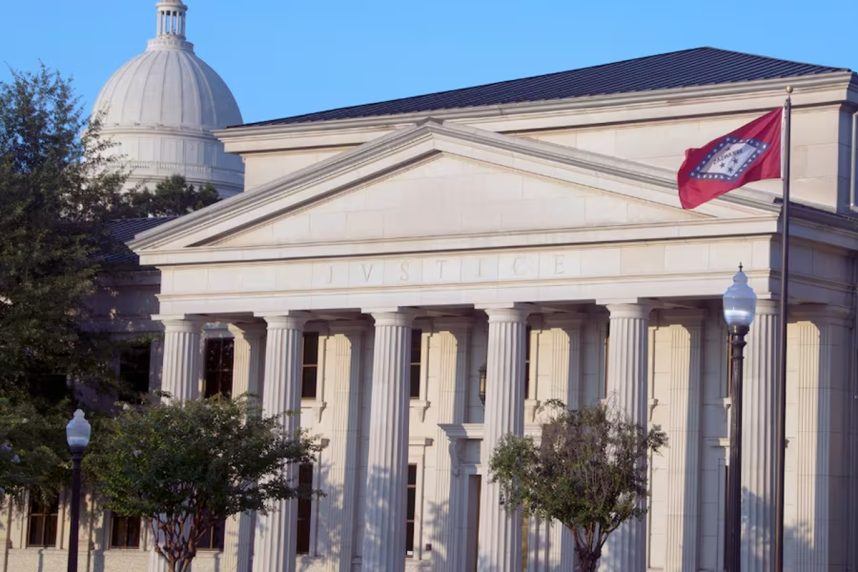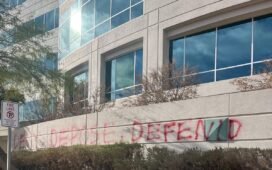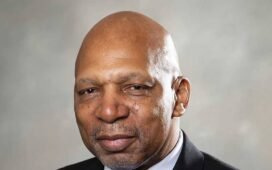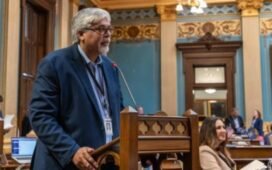Posted on: August 12, 2024, 11:25h.
Last updated on: August 12, 2024, 11:25h.
The Arkansas Supreme Court has agreed to expedite a lawsuit challenging a ballot referendum that’s set to go before voters in November.

Earlier this month, Arkansas Secretary of State John Thurston confirmed that a ballot referendum campaign called Local Voters in Charge had submitted more than enough signatures, which his office validated, to place the question on the Nov. 5 ballot. At this juncture, Arkansans will be asked if they support only allowing the Arkansas Racing Commission (ARC) to grant gaming licenses for casino projects located in host counties that want a casino development.
Arkansans in 2018 legalized commercial casino gambling in four counties — Crittenden, Garland, Jefferson, and Pope. But voters in Pope County were one of only 11 counties of the state’s 75 that voted against the casino question.
Local Voters in Charge seeks to rescind the Pope County gaming license that ARC in June granted to Cherokee Nation Entertainment, a commercial entity controlled by the Cherokee Nation of Oklahoma.
Lawsuit Claims
The complaint before the Arkansas Supreme Court was raised by the Cherokees on grounds that Local Voters in Charge violated Arkansas’ election laws and canvassing rules. The plaintiff alleges that canvassers were paid based on the number of signatures they collected and used “coercive tactics” to get people to sign the petitions.
To speed up its review of the matter, the Arkansas Supreme Court appointed Eighth Judicial Circuit Judge Randy Wright to serve as a special master on the case. Wright will immediately begin reviewing factual disputes among the parties and will be the first to review each side’s submitted briefs.
The court gave the two sides an Aug. 16 deadline to file their initial briefs and a Sept. 26 deadline to deliver their respective replies.
The Cherokees claim that, in addition to the canvassing violations, Local Voters in Charge used misleading language and a faulty ballot title. The lawsuit says petitions must disclose “any conflict between a proposed amendment and federal law,” something the campaign failed to do.
The Proposed Amendment would revoke Cherokee Nation Entertainment’s casino license, which potentially violates the Takings Clause, Contracts Clause, Due Process Clause, and Equal Protection Clause of the United States Constitution,” the Cherokee complaint read. “It could also violate or at least amend other provisions of the Arkansas Constitution.”
Time is of critical essence in the case, as Thurston’s office is moving forward with placing the ballot question before voters for the November presidential election. The referendum before voters would read as follows:
“An amendment requiring local voter approval in a countywide special election for certain new casino licenses and repealing authority to issue a casino license in Pope County, Arkansas.”
Choctaw Motive
Local Voters in Charge is bankrolled by the Choctaw Nation of Oklahoma. The Cherokees say its rival tribe is seeking to protect its tribal gaming operations in eastern Oklahoma.
Russellville, the county seat of Pope where the Cherokees want to build a $300 million destination called Legends Resort & Casino, is about 75 air miles east of Choctaw land.















